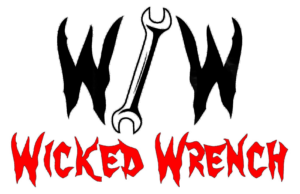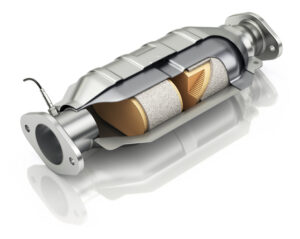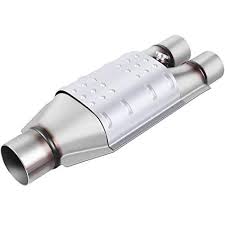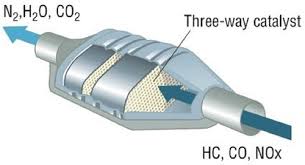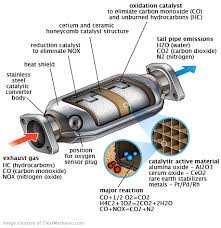Muffler Or Resonator – What is it?
In the world of automotive engineering, every component plays a crucial role in shaping the performance and sound of a vehicle. Two components that often cause confusion among car enthusiasts are mufflers and resonators. While they both contribute to controlling noise in the exhaust system, they serve different purposes and have distinct designs. In this blog post, we’ll delve into the characteristics and functions of mufflers and resonators to clarify their differences.
Mufflers:
Function: Mufflers are primarily designed to reduce the noise produced by the exhaust gases as they exit the engine. They achieve this by creating a series of chambers and baffles that disrupt and absorb sound waves.
Design: Mufflers typically consist of a cylindrical or box-like housing with perforated tubes or baffles inside. As the exhaust gases pass through these chambers, sound waves are reflected and canceled out, resulting in a quieter exhaust note.
Impact on Performance: While mufflers are essential for noise reduction, they can also affect engine performance to some extent. Restrictive muffler designs may impede exhaust flow, leading to backpressure and reduced horsepower. Performance-oriented mufflers are engineered to strike a balance between noise reduction and minimal restriction.
Resonators:
Function: Resonators are primarily tasked with tuning the exhaust system to eliminate specific frequencies or harmonics that cause unwanted drone or resonance. Unlike mufflers, which focus on overall noise reduction, resonators target specific frequencies for a more refined sound profile.
Design: Resonators typically consist of a hollow chamber with perforated tubes or sound-absorbing materials. By strategically positioning resonators along the exhaust system, engineers can target and attenuate specific frequencies associated with exhaust drone.
Impact on Performance: Unlike mufflers, resonators generally have minimal impact on engine performance since they are not designed to restrict exhaust flow. However, they can contribute to optimizing exhaust scavenging and reducing unwanted noise, thereby enhancing the driving experience.
Key Differences:
Purpose: Mufflers primarily reduce overall exhaust noise, while resonators target specific frequencies to eliminate drone and resonance.
Design: Mufflers use chambers and baffles to absorb and cancel out sound waves, whereas resonators focus on tuning specific frequencies using hollow chambers and sound-absorbing materials.
Impact on Performance: Mufflers may affect engine performance due to their potential to restrict exhaust flow, while resonators typically have minimal impact on performance.
Conclusion:
While mufflers and resonators both play crucial roles in shaping the sound and performance of an exhaust system, they serve distinct functions and have different designs. Understanding the differences between these components can help automotive enthusiasts make informed decisions when modifying or upgrading their vehicle’s exhaust system. Whether prioritizing noise reduction or refining the exhaust note, mufflers and resonators offer tailored solutions to meet diverse preferences and driving experiences.
